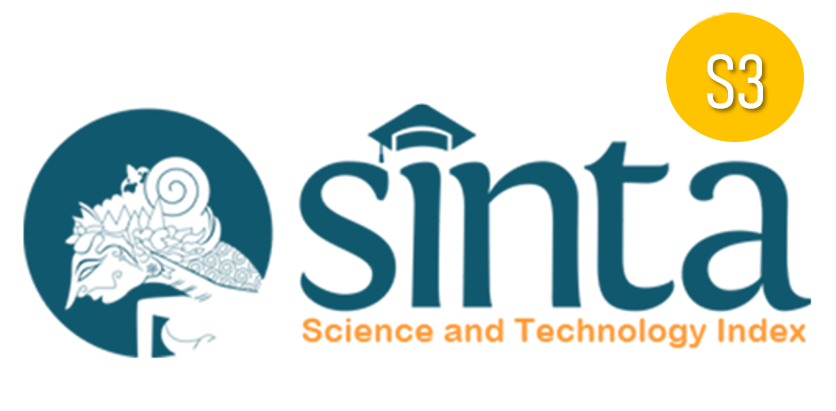Mixed Education and Quality Standard in the University Teaching: A Theoretical Study
Abstract
Keywords
Full Text:
PDFReferences
Harvey, S. (2003). Building effective blended learning programs. Educational Technology, 43(6), 51-54.
Shelbourne, K. D., and Nitz, P. (1990). Accelerated rehabilitation after anterior cruciate ligament reconstruction. The American journal of sports medicine, 18(3), 292-299.
Beauchamp, N., Irvine, A. B., Seeley, J., and Johnson, B. (2005). Worksite-based internet multimedia program for family caregivers of persons with dementia. The Gerontologist, 45(6), 793-801.
Knight, J. (2004). Internationalization remodeled: Definition, approaches, and rationales. Journal of Studies in International Education, 8(1), 5-31.
Mehta, S. R. (2011). Corporate social responsibility (CSR) and universities: Towards an integrative approach. International Journal of Social Science and Humanity, 1(4), 300.
DOI: https://doi.org/10.17509/ijert.v2i3.43655
Refbacks
- There are currently no refbacks.
Copyright (c) 2022 Universitas Pendidikan Indonesia

This work is licensed under a Creative Commons Attribution-ShareAlike 4.0 International License.







.png)




